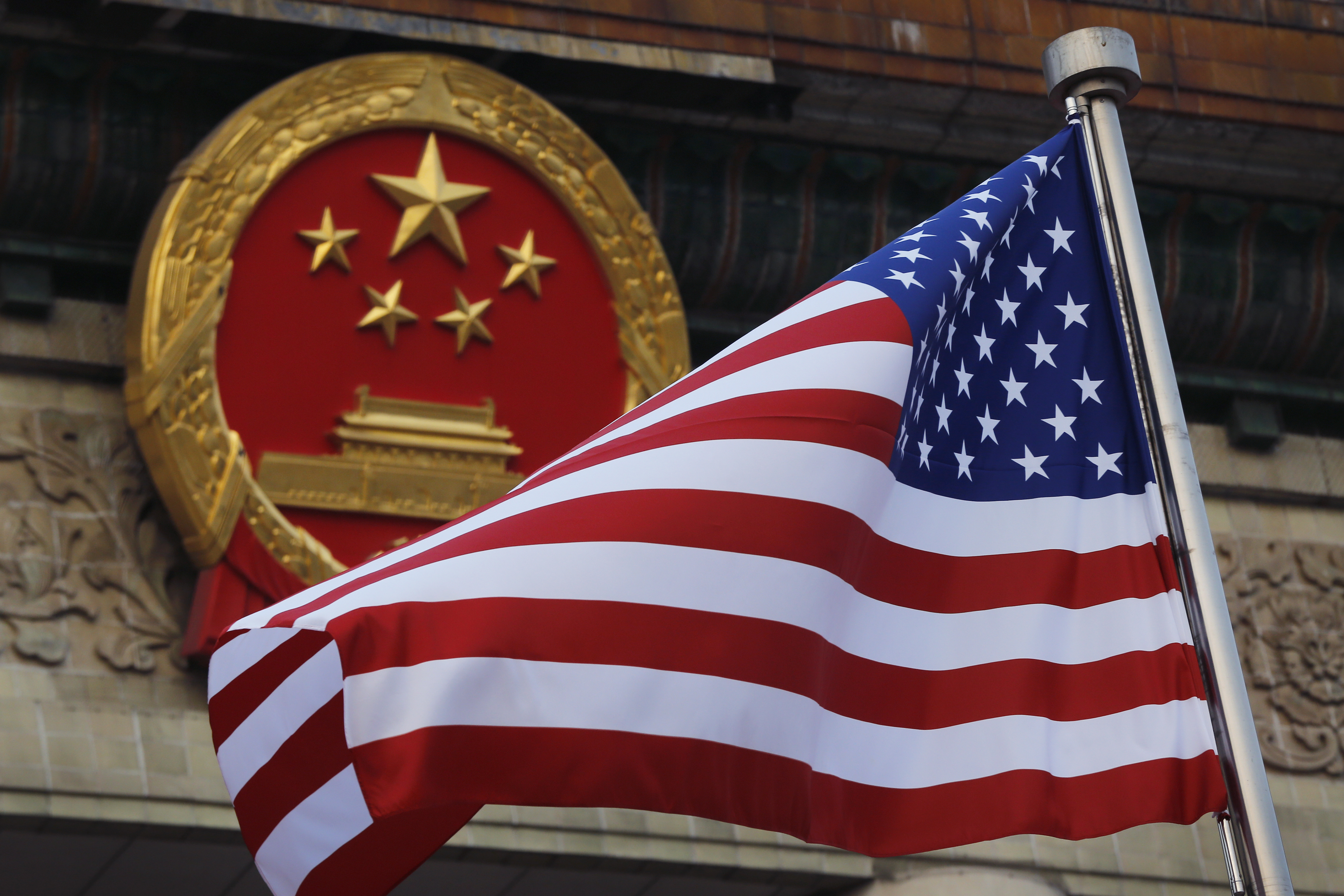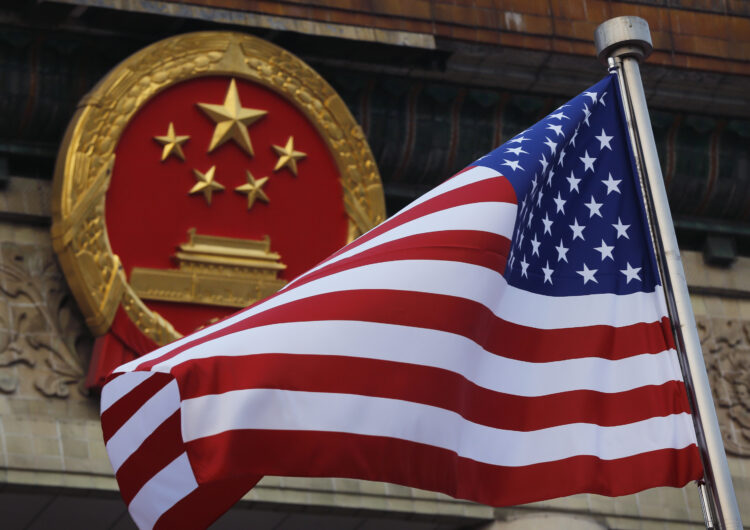
By Carola McGiffert
U.S.-China relations are at an all-time low. Tensions between our two countries are high and rising, and trust between Washington and Beijing is negligible. While this is an understandable strategic approach by the U.S. government from a national security perspective, on the business front, disengagement is harmful and self-defeating.
As someone who has spent most of her professional career promoting cooperation as a counterbalance to the inevitable areas of contention between the world’s two most powerful countries, I am disheartened to see the depths to which almost every facet of the bilateral relationship has sunk. Perhaps the most enduring bilateral connection — between our business sectors and the consumers they serve – is also suffering.
While this is disappointing, it should not come as a surprise. Economic competition is intense and the playing field is not even. The United States gives way more than it gets. As a young staffer at the Office of the U.S. Trade Representative in the mid-1990s, I wholeheartedly bought into the idea that bringing China into the rules-based global economic system would result in China fully adopting those rules. In hindsight, the actual result has been hit or miss.
For example, it is common knowledge that China has a history of commercial espionage, intellectual property theft, and, forced technology transfer. Many of the countries’ state-owned companies are owned by or affiliated with the Communist Party or the People’s Liberation Army. These are third-rail Chinese companies, so much so that when I was fundraising for a D.C.-based non-profit focused on strengthening U.S.-China people-to-people ties, I refused to accept funds from companies such as Huawei, which is highly influenced by the Chinese government.
But not all Chinese companies are the same. During my career in both the public and private sectors, I have had the pleasure of getting to know many of the best people in China’s entrepreneurial community. They are innovative, transparent, and independent. They have created American jobs and increased access to consumer products for many Americans. They are valued partners.
One such example is Wanxiang, an auto parts maker. Founded by Lu Guanqiu, the company is privately owned. Through its Chicago-based U.S. affiliate, Wanxiang America, the company has a sizable U.S. footprint, supplies Detroit automakers, and creates American jobs.
Another is Hesai Technology (Nasdaq: HSAI), a company producing technology to make American roads safer. Hesai makes lidars, the “eyes” of autonomous vehicles. Lidars use low-frequency lasers to scan the environment around a vehicle and send this information to the vehicle’s computer, which makes driving decisions. For instance, a lidar might sense a pedestrian stepping into a darkened road that a driver fails to recognize. The lidar sends this information to the car’s computer, which automatically brakes, preventing a collision. Lidars will be on millions of U.S. vehicles as a safety feature within a few years.
Lidars represent a leap in automotive technology. Most importantly, they can save lives. What they cannot do is transmit data outside the vehicle’s internal computer. Like a human eye, lidars capture but cannot store images, such as facial features or biometric data. Assertions to the contrary are unfounded.
Like many companies that produce lidars, Hesai is the product of American ingenuity. The company was launched by three Chinese engineers in Silicon Valley in 2013. Its initial investors hailed from the private sectors of U.S., Europe, and China. None of its funding comes from the Chinese government or state-owned sources. The company debuted on the NASDAQ stock exchange in February 2023, backed by Goldman Sachs and Morgan Stanley, two major U.S. investment firms.
Many Chinese companies such as Hesai do vital and legitimate work, and in many cases, bring valuable technological know-how to the United States. While Washington is right to reassess its strategic relationships with China, including protecting key technologies that could help modernize China’s military and empower its regime, we should also welcome private Chinese companies that bring valuable technologies, act in good faith, and respect American rule of law.
Carola McGiffert was a Senior Advisor in the East Asia Bureau at the State Department, a Senior Fellow at CSIS, where she ran the “China Smart Power” initiative; and the CEO of the US-China Strong Foundation.
Contact:
executives-edge.com
editor@executives-edge.com







